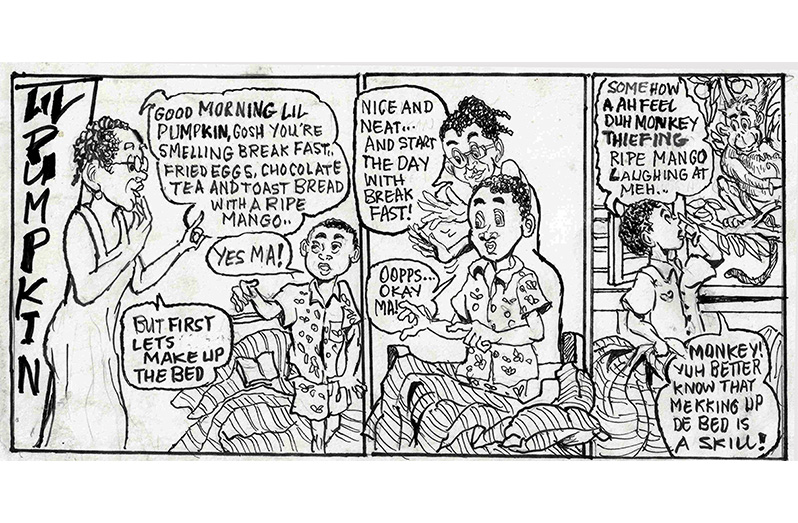WE must reconstruct our understanding of the needs that are necessary to cultivate the platforms that will contribute to the construct of family life, amicable to a balance in which male and female will collaborate, without meanings that shelve undercurrents that define clashes with volatile exchanges that were already agreed upon yesterday, yet remain active though considered concluded many yesteryears gone.
Too many fatal domestic clashes are occurring along a trail of conflict, hardly revealed in media reports accompanying the pictures and headlines anywhere.
I have witnessed and written about men, brothers I knew, who went into private enterprise without the usual accommodations to facilitate a rented work area that was not vulnerable to break-ins, because there was no income to pay for capable security services. Then there is the fact that one brother pointed out to me: what happens if the landlord decides to cash in on their fire insurance with a believable yet suspicious fire? And if that doesn’t cover the tenant, who doesn’t have adequate fire insurance, then how does one restart, or even survive?

Recognising that home businesses are not a widely discussed topic in Guyana so far — though it’s evident — and some of us who have had experience with Technical Drawing have created designs, the lack of respect for Intellectual Property Rights is evident. Thus, the battle of talent/skill earning remains in conflict with the home front and new ideas.
One of my school friends asked me why I explore the need for possibilities that were never common. I reminded him that both my father and my godfather, with whom I grew up, were government employees. Both men had private practices of their relevant skills at home. Upstairs was for family matters, and downstairs was the private extension of their skills. I earned my comic book money eagerly, working with them as much as I could.
What I recognised on reaching manhood was that the home business design becomes more relevant when dealing with the wife and her visiting friends and their views. Then one will realise that some folks despise books, etc. So, bookshelves in a colleague’s home become a focus of criticism; they rely on gossip and seek to colonise with sordid views beyond their realm of permission and comprehension. This part should be recognised and addressed in school.
The RESCU team and I visited a particular school during that period, where we were invited to encourage children — specifically males — to develop the habit of reading. We did what we could. Now that the headmistress is no longer there, my colleague and I cannot determine whether there has been a change in that area. The female students did most of the reading.
I want to reflect on this experience: I didn’t grow up in a wealthy home, but I did inherit positive habits. For example, one of the habits instilled in me was that upon awakening as a child, before having breakfast, the bed had to be made — or no breakfast until so done. Likewise, in the context of tools, whatever was used had to be cleaned, and Coca-Cola was a significant help as a tool cleaner.
Let’s explore this article and debate whether its content aligns with realities that we can find useful cultural habits, which can have long-term benefits beyond childhood.











